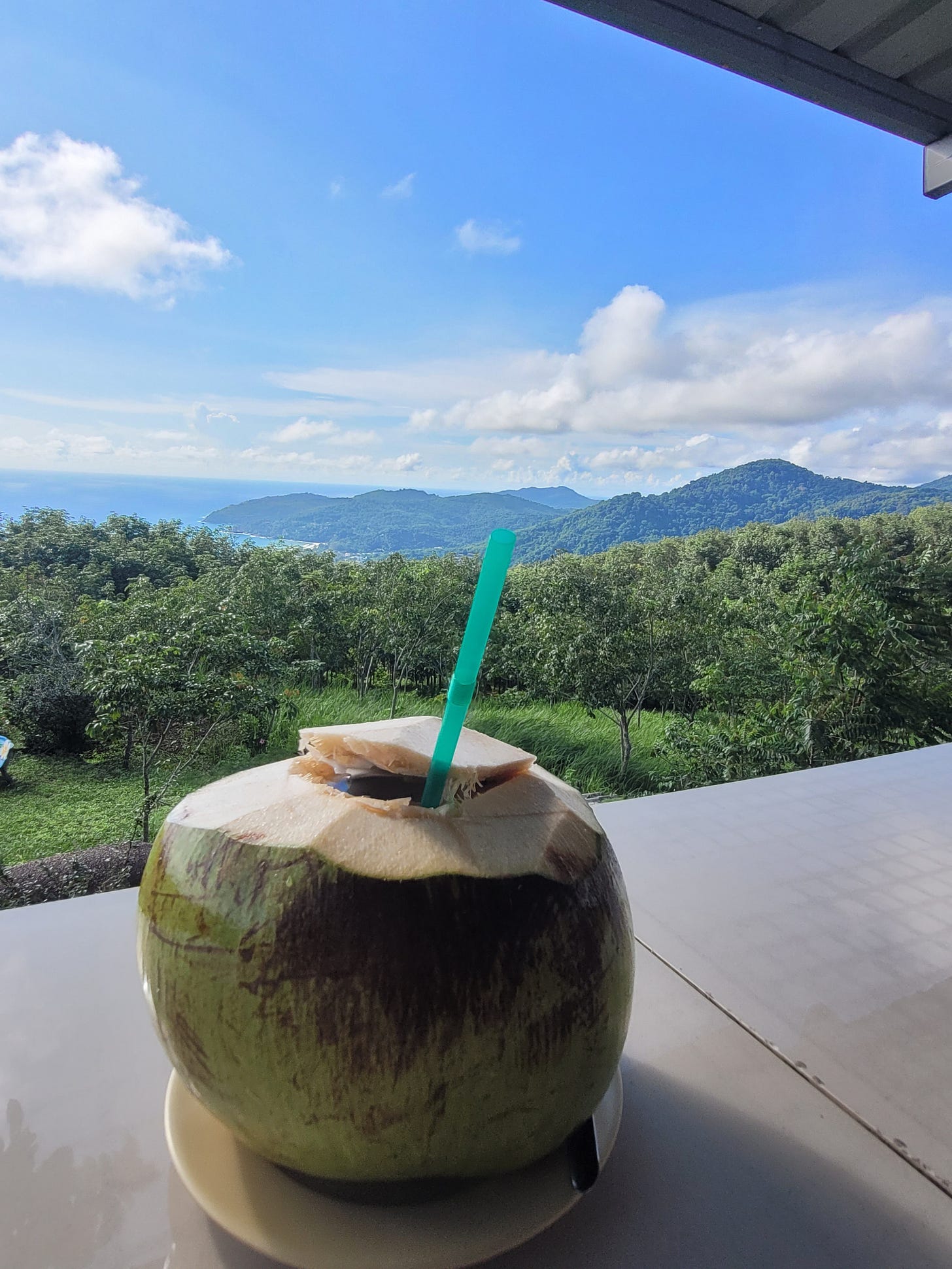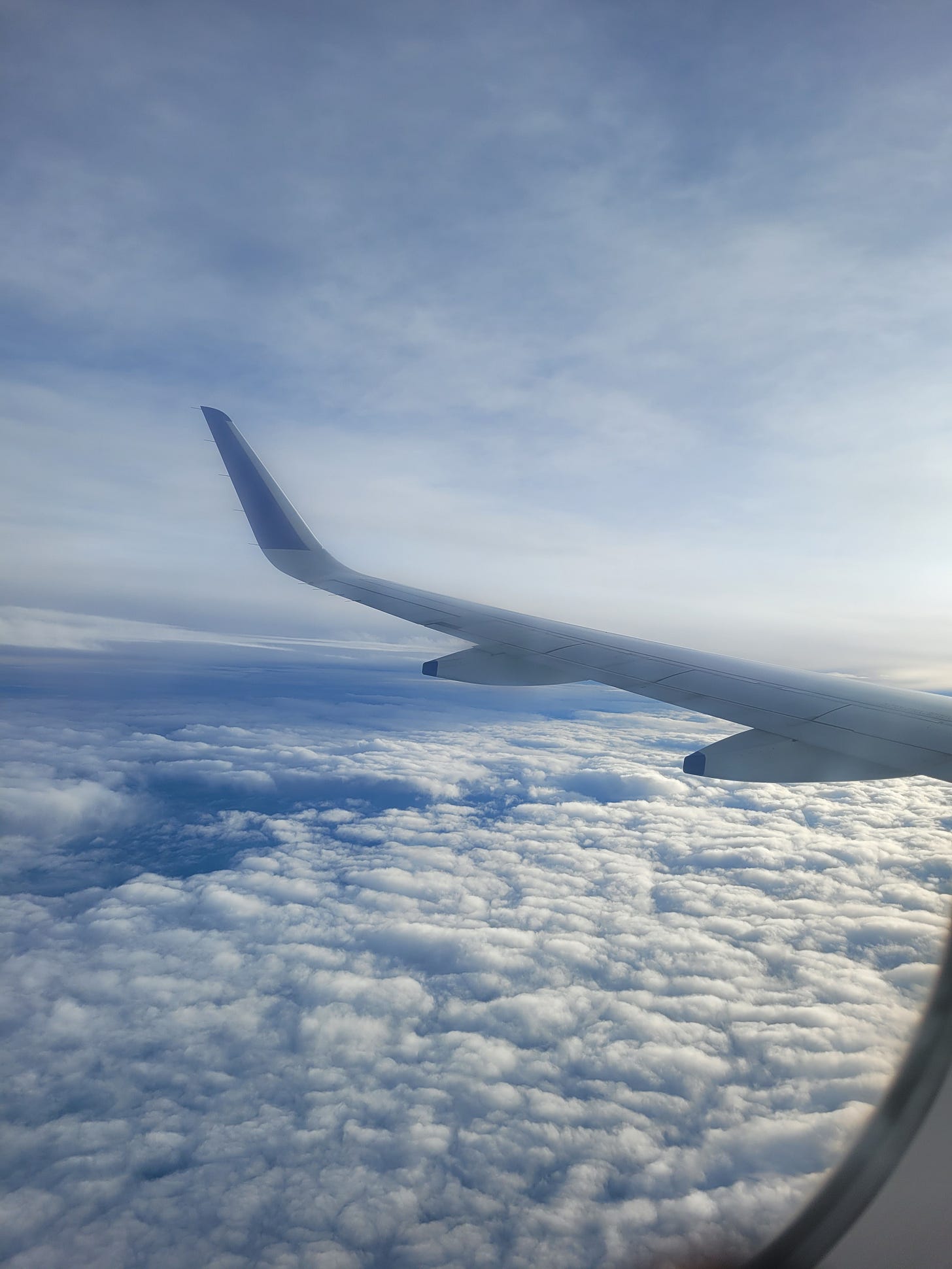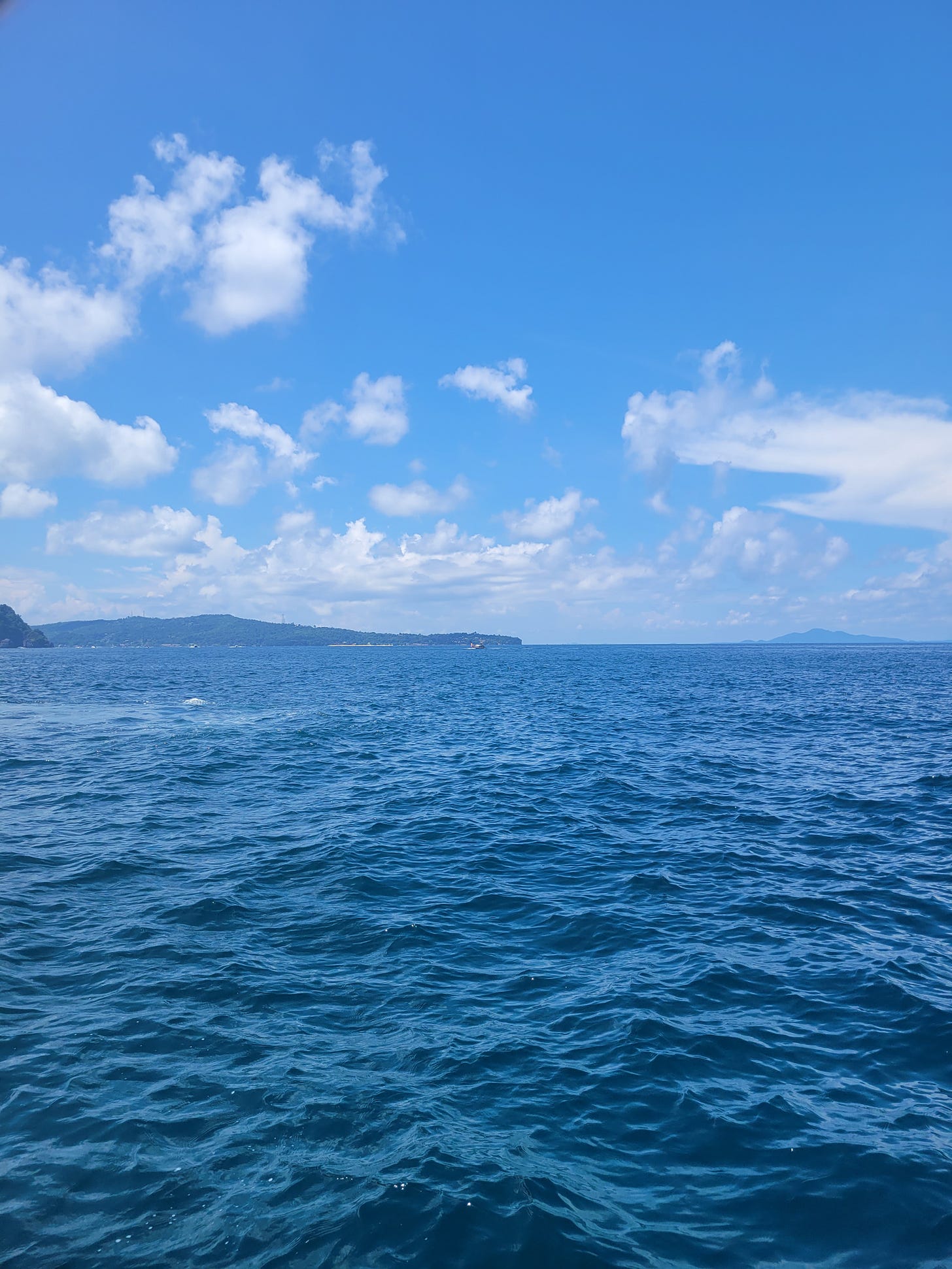Travel as a Path to Emotional Well-being
A common notion about travel is that people do it to escape life or their problems. And I agree: but not in the way it’s often framed.
When life gets overwhelming, people turn to various forms of self-expression to process their emotions. Some write, sketch, or paint. Others find release in movement in various forms like running, swimming, playing sports, or practicing martial arts. Music is another refuge, whether it’s singing, playing an instrument, or simply listening to songs that resonate. Some people cook, garden, or build things with their hands, immersing themselves in the rhythm of creation. Others turn to dance, yoga, or meditation to reconnect with themselves.
No one questions these activities. In fact, they are encouraged as healthy ways to cope with stress, regulate emotions, and reconnect with oneself. They are not seen as escaping reality but as tools for personal growth and resilience.
Yet, when it comes to travel, the narrative shifts. “You’re just running away.” “Travel won’t fix your problems.” “You should deal with reality instead.” But why is travel seen as mere escapism while these other forms of self-expression are embraced?
Travel as a Path to Mental Well-being
Travel, when done with intention, is not about avoiding life. It’s about reconnecting with it. It’s not about rushing from one landmark to another, ticking off bucket-list items for the sake of it. True travel is slow, immersive, and reflective. It allows you to step outside your routine and see yourself with fresh eyes. Navigating new environments, immersing in different cultures, and being in nature helps regulate emotions and break repetitive thought patterns.
Adaptability and Problem-Solving: Life Skills Gained Through Travel
One of the most profound ways travel shapes mental resilience is by enhancing adaptability. When you step into an unfamiliar place, you are constantly problem-solving: figuring out transportation, communicating across language barriers, adjusting to different cultural norms, and sometimes, dealing with unexpected situations like missed flights, lost belongings, or sudden plan changes. Each challenge forces you to think on your feet, shift perspectives, and find creative solutions.
Over time, these experiences build emotional agility. You learn to navigate discomfort, trust your instincts, and develop a calm, solutions-oriented mindset. The ability to adapt is not just useful for travel: it transfers into everyday life, helping you face uncertainty with confidence
Nature and Culture as Anchors for Self-Discovery
Nature, in particular, has a grounding effect. The vastness of mountains, the rhythmic crash of waves, the quiet expanse of forests , all of these remind us that we are part of something greater. They bring perspective, stillness, and a sense of awe, which research has shown to reduce stress and enhance well-being.
Culture, on the other hand, offers a sense of belonging. Engaging with local traditions, connecting with people, and witnessing how different societies approach life can be deeply affirming. It helps you step beyond your conditioned worldview and redefine your sense of self in a more authentic way.
Travel as a Creative and Healing Process
I challenge the notion that travel is just an escape. Instead, I see it as a powerful form of self-discovery. Like any creative pursuit, it allows emotions to be explored, identities to be redefined, and authenticity to emerge.
Travel can be a way to meet your unmet needs; whether that’s solitude, adventure, perspective, or healing. It teaches resilience, fosters adaptability, and reminds us of our place in the world.






Fantastic article! Now I really do want to travel haha. Looking forward to more from you
I agree I love to experience different environments and cultures it revitalizes me